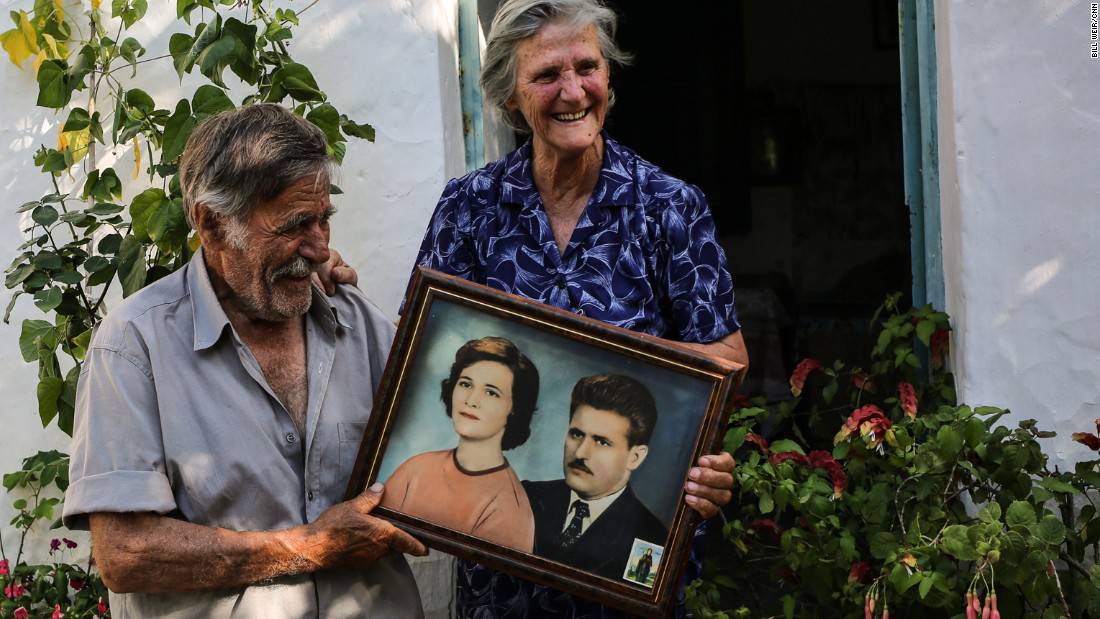
The UNHCR estimates the total number of refugees and people in “refugee like situations” in Greece in 2016 at 46,427, with a total “population of concern” at over 86,000. It is unknown how many people cross through Greece undetected each year. Of course, these numbers only represent those refugees and asylum seekers who are officially registered and counted. Asylum claims from Iraqis also increased from 580 in 2015 to 4,800 in 2016. The second largest arriving group was from Afghanistan, representing over 11,000 refugees. Syria was main country of origin, with 26,000 asylum claims (compared with just 3,300 in 2015). Numbers of migrants and refugees have been steadily increasing over the last decade, but in 2016 Greece saw unprecedented numbers of new arrivals. Out of the 65 million people displaced globally, an increasing number of migrants and refugees are passing through Greece. Our views are developed in the context of our summer 2017 research in Greece, including interviews with staff and volunteers working with refugees, and displaced populations. The Greek refugee crisis offers several interesting points of comparison to current socioeconomic and political tensions in the U.S. In this brief article we discuss the ongoing refugee crisis in Greece and the consequences of an inadequate global response. The lack of adequate international support for displaced populations is directly linked to the rise of nationalism and neo-Nazi sentiments around the globe.

These policies fail refugees, and also have consequences for the local societies who bear the burden of dealing with the immediate needs of refugees. Mismanagement, lack of coordination and unintended consequences are dominant themes after every humanitarian catastrophe. This unfortunately has resulted in basic human rights violations in the process of resettlement. Refugees often face double victimization: first, from the violence, wars and persecution that force them to leave their countries, and second, from the lack of adequate refugee resettlement programs. Syrian refugees strike at the platform of Budapest Keleti railway station, September 2015.


 0 kommentar(er)
0 kommentar(er)
